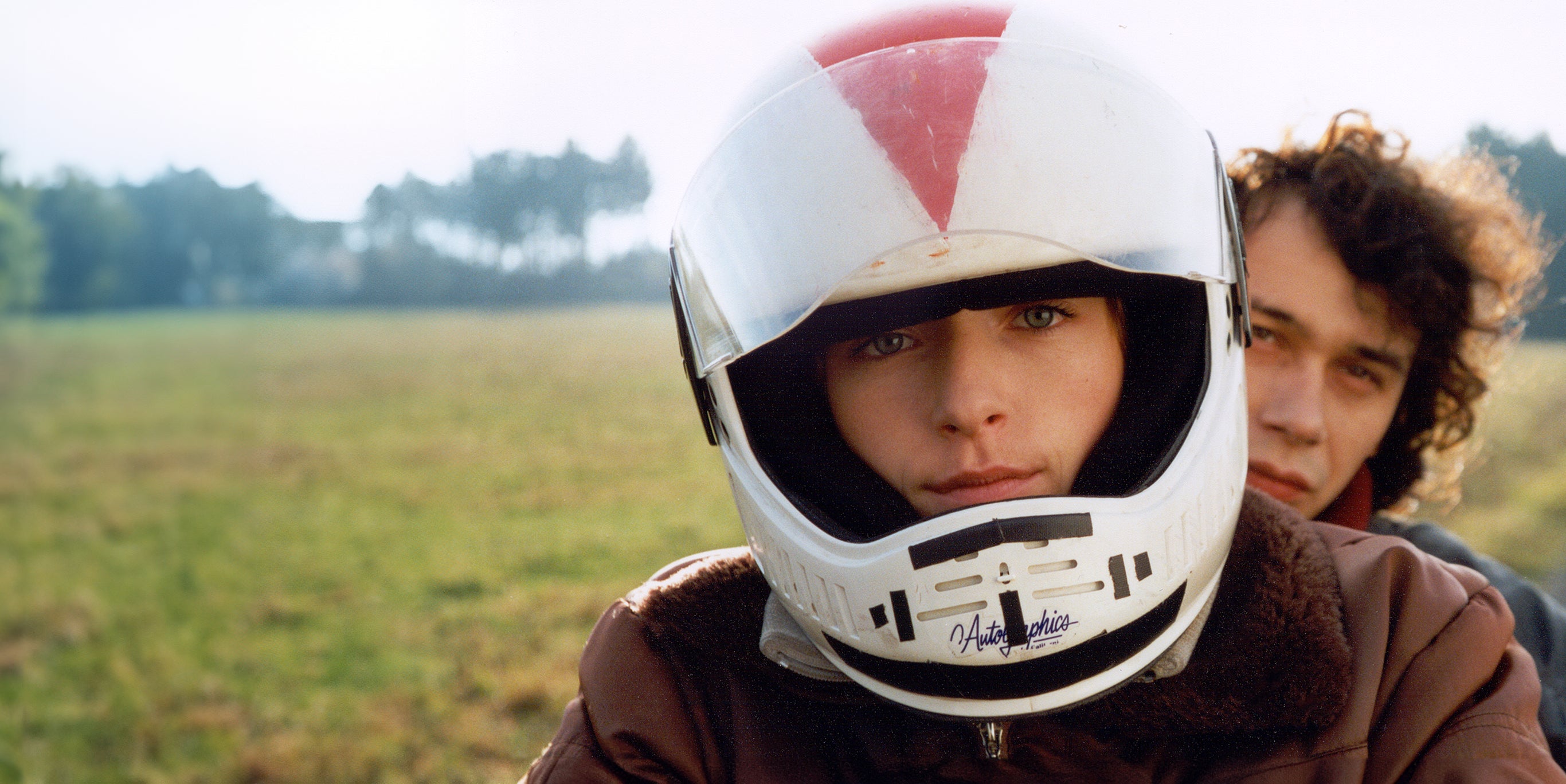In the realm of cinema, certain films stand the test of time, resonating with audiences long after their initial release. One such film is Wild Bees (Divoké včely), a Czech movie directed by Bohdan Sláma, released in 2001. Though over two decades old, its themes and portrayal of rural life in the Czech Republic continue to captivate viewers. This article revisits the charm and underlying messages of Wild Bees, highlighting its relevance even in today's rapidly changing world.  Set in a remote village in northern Moravia, Wild Bees tells the story of Kája, an 18-year-old living with his philosopher father and spirited grandmother. Kája, who works alongside women in the forest, harbors a secret admiration for Božka, a local shop assistant. However, Božka is involved with Laďa, a local Casanova. The dynamics begin to shift with the arrival of Kája's older brother Péťa from Prague, altering the relationships among the characters. Božka, feeling the stagnation and despair of village life, stays behind, while Kája, having lost his virginity, departs with his brother, marking a significant turning point in his life.
Set in a remote village in northern Moravia, Wild Bees tells the story of Kája, an 18-year-old living with his philosopher father and spirited grandmother. Kája, who works alongside women in the forest, harbors a secret admiration for Božka, a local shop assistant. However, Božka is involved with Laďa, a local Casanova. The dynamics begin to shift with the arrival of Kája's older brother Péťa from Prague, altering the relationships among the characters. Božka, feeling the stagnation and despair of village life, stays behind, while Kája, having lost his virginity, departs with his brother, marking a significant turning point in his life. 
Bohdan Sláma's debut feature film is a poignant and authentic portrayal of rural life, capturing the essence of a world many urban dwellers believe to have vanished. Its setting might be slightly stylized, but it remains a realistic depiction of a secluded, half-forgotten world. For those who have spent time in a Czech village, the characters in Wild Bees are strikingly familiar, each representing a unique facet of rural society.  Sláma's film is a tableau of characters, most of whom are socially or existentially handicapped, yet bound together by a strong network of social ties that define their societal roles. The accuracy of this portrayal is notable, from the one who managed to leave the village (Marek Daniel) to the arrogant, self-centered macho (brilliantly played by Jaroslav Dušek), and the practical village 'hero' (Pavel Liška in a perfect rendition). There's also the impractical and comically frustrated intellectual (Cyril Drozda), the attractive yet single mother (Vanda Hybnerová), and the ever-vital, assertive elderly lady.
Sláma's film is a tableau of characters, most of whom are socially or existentially handicapped, yet bound together by a strong network of social ties that define their societal roles. The accuracy of this portrayal is notable, from the one who managed to leave the village (Marek Daniel) to the arrogant, self-centered macho (brilliantly played by Jaroslav Dušek), and the practical village 'hero' (Pavel Liška in a perfect rendition). There's also the impractical and comically frustrated intellectual (Cyril Drozda), the attractive yet single mother (Vanda Hybnerová), and the ever-vital, assertive elderly lady. 
What sets Wild Bees apart from similar folk comedies, such as those by Troška, is its sincerity, modesty, rawness, and almost anti-commercial nature. Where Troška aims to entertain, Sláma endeavors to describe, to point out, to capture the spirit of the place, to bear witness. This approach aligns with the directors of the Czech New Wave, particularly Miloš Forman, who, like Sláma, saw dance parties (or firemen's balls) as the perfect setting to showcase village characters and precipitate a narrative climax.
The dance scene in Wild Bees is not just an artistic high point of the film but also a moment where, under the guise of entertainment, something slowly changes – or perhaps doesn't. Regardless, this scene, especially the dance number by the local Michael (evolving rapidly with the plot), is a powerful image. 
Wild Bees is more than just a film; it's a reflection of a specific time and place in Czech history. Its portrayal of life in a Czech village, though set around the early 2000s, offers timeless insights into human nature and societal dynamics. It stands alongside films like Indian Summer, Mistři, The Firemen's Ball, The Country Teacher, The Suffering of Young Boháček, Intimate Lighting, and The Smoke of the Potato Field, all of which similarly capture the essence of Czech rural life.












